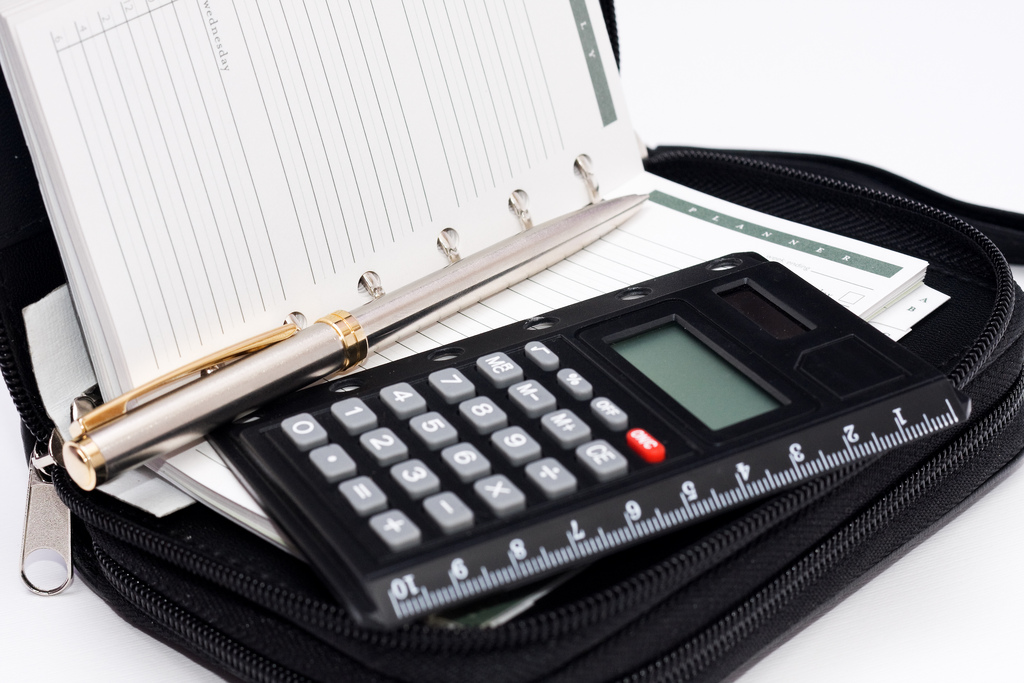Difference Between Agenda and Minutes
What is the difference between an agenda and minutes? Both words are used in Business English when speaking about written records related to business meetings or any other type of official meeting. For example: Have you seen the agenda for today’s meeting? or Have you seen the minutes from yesterday’s meeting? There is a significant difference in the usage of these words as regards to the time frame they are used in.
An ‘agenda’ refers to what is planned to discuss during a meeting. An agenda has a list of topics or subjects that will be covered. It serves as a plan or an outline what will happen. Therefore, an agenda is made before a meeting occurs. For example: Our manager sent out the agenda for tomorrow’s meeting so we knew what to expect. Other words that can be used are ‘program’, ‘schedule’ or ‘docket’, although ‘docket’ is usually used to refer to a list of legal cases that are going to be tried in court. However when referring to some type of meeting or gathering of people to discuss business, ‘agenda’ is the commonly used word. ‘Agenda’ is also commonly used in everyday English to refer to any time of plan. For example: What’s on the agenda for you to do today?
The word, ‘minutes’ means a summary of proceedings or happenings as recorded in brief notes. When used in the context of a meeting, it is the official record of what happened, what was said, or what was decided at a meeting. So, minutes can only be recorded after a meeting has occurred. Many times a business meeting or other official meeting will start out with a secretary reading the minutes of the previous meeting to remind participants of that meeting or the minutes will be distributed following the meeting for reference purposes. For example: Bob’s secretary e-mails us the minutes from the staff meeting just in case we missed something. If there are any questions or any confusion about what was decided or said at a meeting, the minutes serve a valuable purpose to record exactly what occurred during a meeting. One thing to note about the usage, however, is that the word, ‘minutes’ is rarely used outside of Business English.
Because of their related usage as business meeting documents, these two terms are often used together in conversation. For example: The boss asked Sue to take down the minutes to send in to the corporate office to show that he was following the agenda they sent him for the business meeting. Really, when it comes to deciding which word to use to talk about events at a meeting, it depends on timing. Just remember that agendas come before a meeting actually happens, like a plan, and minutes come after a meeting has occurred, like a summary. In this way the words, ‘agenda’ and ‘minutes’ can be used properly in Business English.
- Difference Between Hold on And Hang on - February 19, 2016
- Difference Between “Give it up” and “Applaud” - February 18, 2016
- Difference Between Condole And Console - February 17, 2016
Read More ESL Articles
Search DifferenceBetween.net :
4 Comments
Leave a Response
References :
[0]https://www.flickr.com/photos/horiavarlan/4273218381


Management where I work does not know the difference between agenda and minutes and it’s very frustrating. I have tried to mention it, but I am told I’m being petty. So the confusion continues.
No need to worry about the management, sometimes they don’t have idea on difference.Be free.
Don’t worry about that. Sometimes they didn’t focus on this.
Various words added in this .com